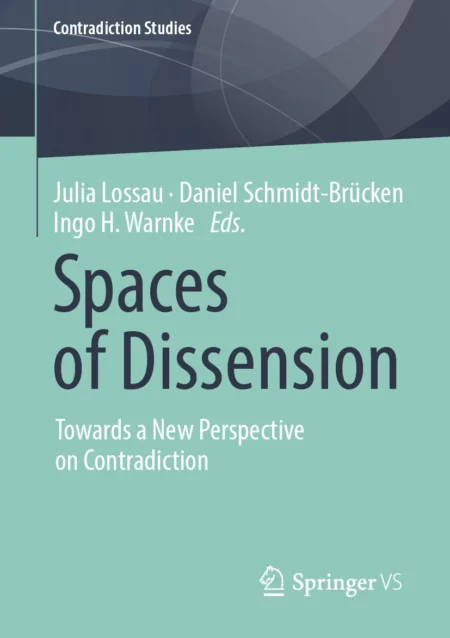
This volume focusses on contradiction as a key concept in the Humanities and Social Sciences. By bringing together theoretical and empirical contributions from a broad disciplinary spectrum, the volume advances research in contradiction and on contradictory phenomena, laying the foundations for a new interdisciplinary field of research: Contradiction Studies. Dealing with linguistic phenomena, urban geographies, business economy, literary writing practices, theory of the social sciences, and language education, the contributions show that contradiction, rather than being a logical exemption in the Aristotelian sense, provides a valuable approach to many fields of socially, culturally, and historically relevant fields of research.
Volume 2 in the Series Contradiction Studies
print
ISBN: 978-3-658-25989-1
eBook
ISBN: 978-3-658-25990-7